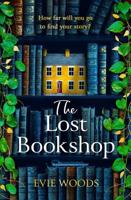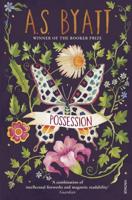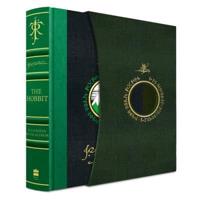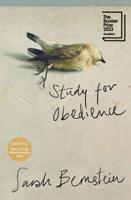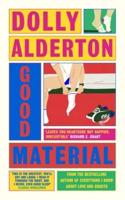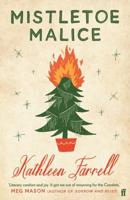Publisher's Synopsis
Gotthold Ephraim Lessing (22 January 1729 - 15 February 1781) was a German writer, philosopher, dramatist, publicist and art critic, and one of the most outstanding representatives of the Enlightenment era. His plays and theoretical writings substantially influenced the development of German literature. He is widely considered by theatre historians to be the first dramaturg in his role at Abel Seyler's Hamburg National Theatre. LIFE: Lessing was born in Kamenz, a small town in Saxony, to Johann Gottfried Lessing and Justine Salome Feller. His father was a Lutheran minister and wrote on theology. Young Lessing studied at the Latin School in Kamenz from 1737 to 1741. With a father who wanted his son to follow in his footsteps, Lessing next attended the Fürstenschule St. Afra in Meissen. After completing his education at St. Afra's, he enrolled at the University of Leipzig where he pursued a degree in theology, medicine, philosophy, and philology (1746-1748)...... John Parker Anderson (1841-1925)... Thomas William Hazen Rolleston (1857-1920) was an Irish writer, literary figure and translator, known as a poet but publishing over a wide range of literary and political topics. He lived at various times in Killiney in South Dublin, Germany, London and County Wicklow; settling finally in 1908 in Hampstead, London, where he died. His Killiney home, called Secrora, subsequently became the home of tennis player Joshua Pim. He was born in Glasshouse, Shinrone, County Offaly, the son of a judge. He was educated at St Columba's College, Dublin and Trinity College, Dublin. After a time in Germany he founded the Dublin University Review in 1885; he published Poems and Ballads of Young Ireland (1888), and a Life of Lessing (1889). As the first managing director of the Irish Industries' Society, he helped preserve from extinction many Irish handicrafts, such as lace-making, handmade tweeds and glass-making. In London in the 1890s he was one of the Rhymers' Club and a founder-member of the Irish Literary Society. He was to cross paths several times, and sometimes to clash, with W. B. Yeats, who described Rolleston in his memoirs as an "intimate enemy".He was also involved in Douglas Hyde's Gaelic League. He also spent time as a journalist, and as a civil servant involved with agriculture. He had eight children, from two marriages. Works: Approximately 168 books are associated with Rolleston, some as writer or editor. These are the more prominent works; publication dates listed if known. The Teaching of Epictetus (1888) Life of Gotthold Ephraim Lessing (1889) Tannhauser: a dramatic poem by Richard Wagner; translated by T. W. Rolleston; illustrated by Willy Pogany. (1900) A Treasury of Irish Poetry in the English Tongue by Stopford A. Brooke & T. W. Rolleston (1900) Parallel Paths: a study in biology, ethics, and art (1908) The High Deeds of Finn Mac Cumhail (1910) Celtic Myths and Legends also entitled Myths & Legends of the Celtic Race (1911, reprinted 1917, 1990) The Illustrated Guide to Celtic Mythology. London: Studio Editions, 1993 (Based on Myths & Legends of the Celtic Race) Parsifal or, The Legend of the Holy Grail, retold from ancient sources with acknowledgement to the "Parsifal" of Richard Wagner (1912) The tale of Lohengrin, knight of the swan by Richard Wagner and T. W. Rolleston; illustrated by Willy Pogany (1913)........

